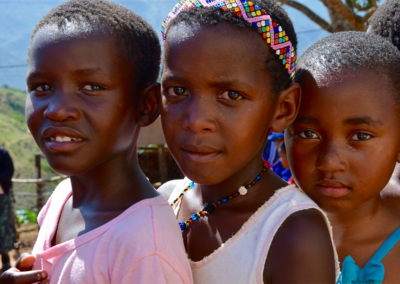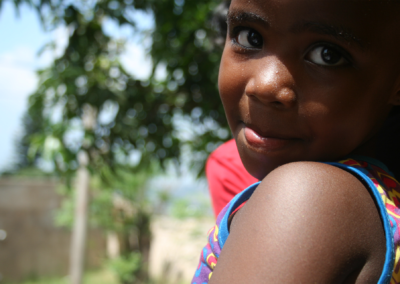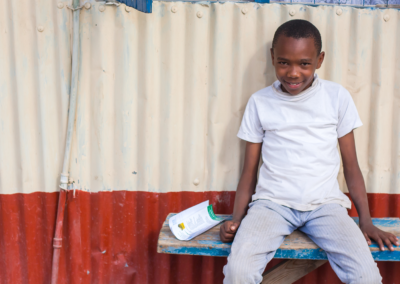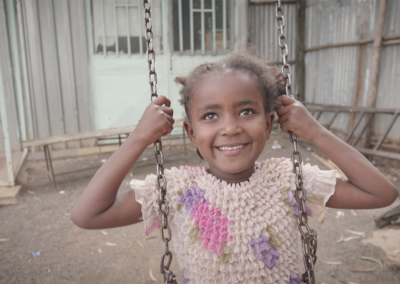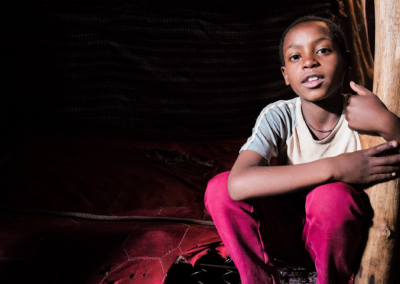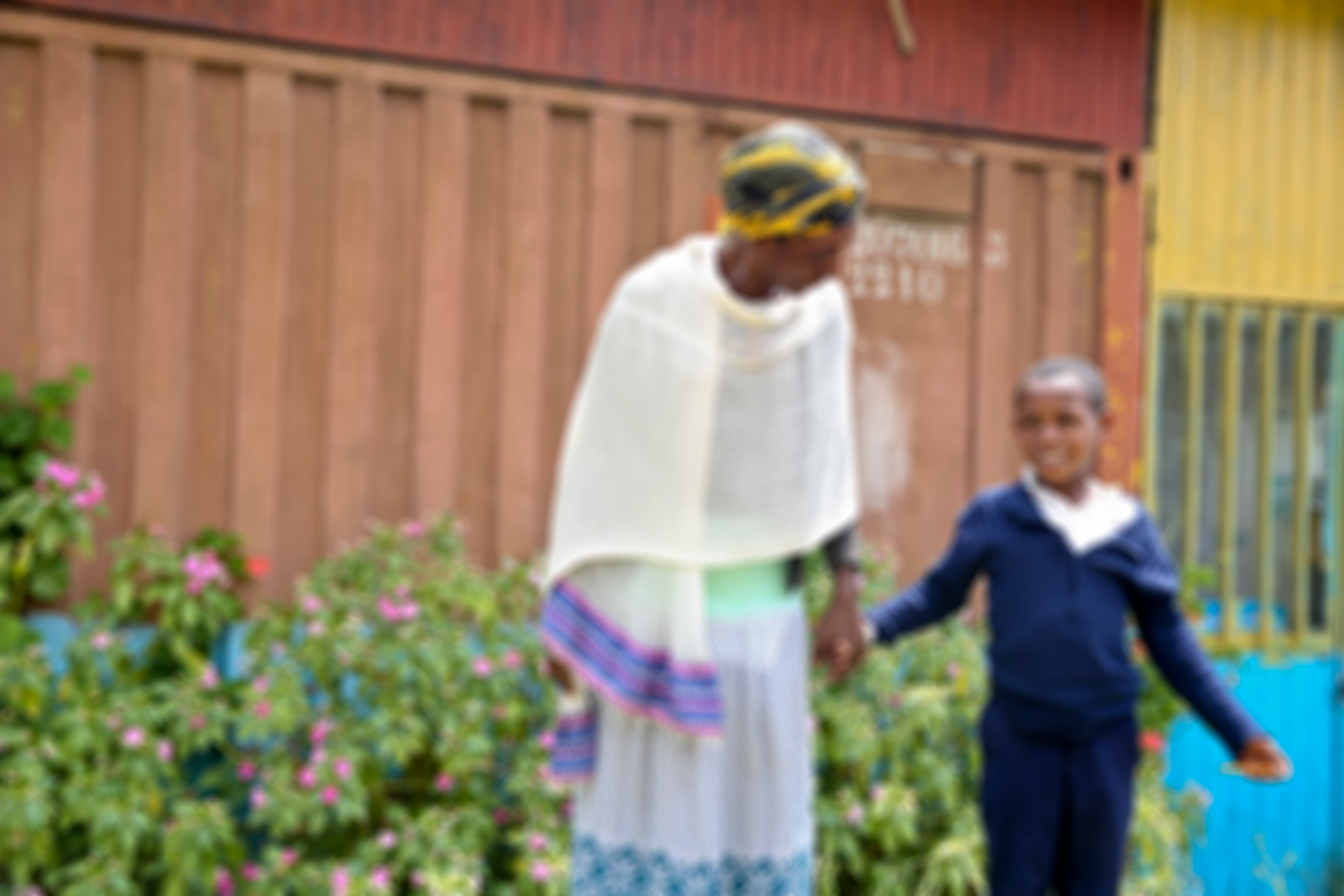CHURCH PARTNERSHIP
Repi Kale Heywet ChurchThrough the Home Based Care program, this church will help meet the physical, mental, emotional, and spiritual needs of 20 families caring for orphaned and vulnerable children.
Addis Ababa, Ethiopia
Repi Kale Heywet CHURCH
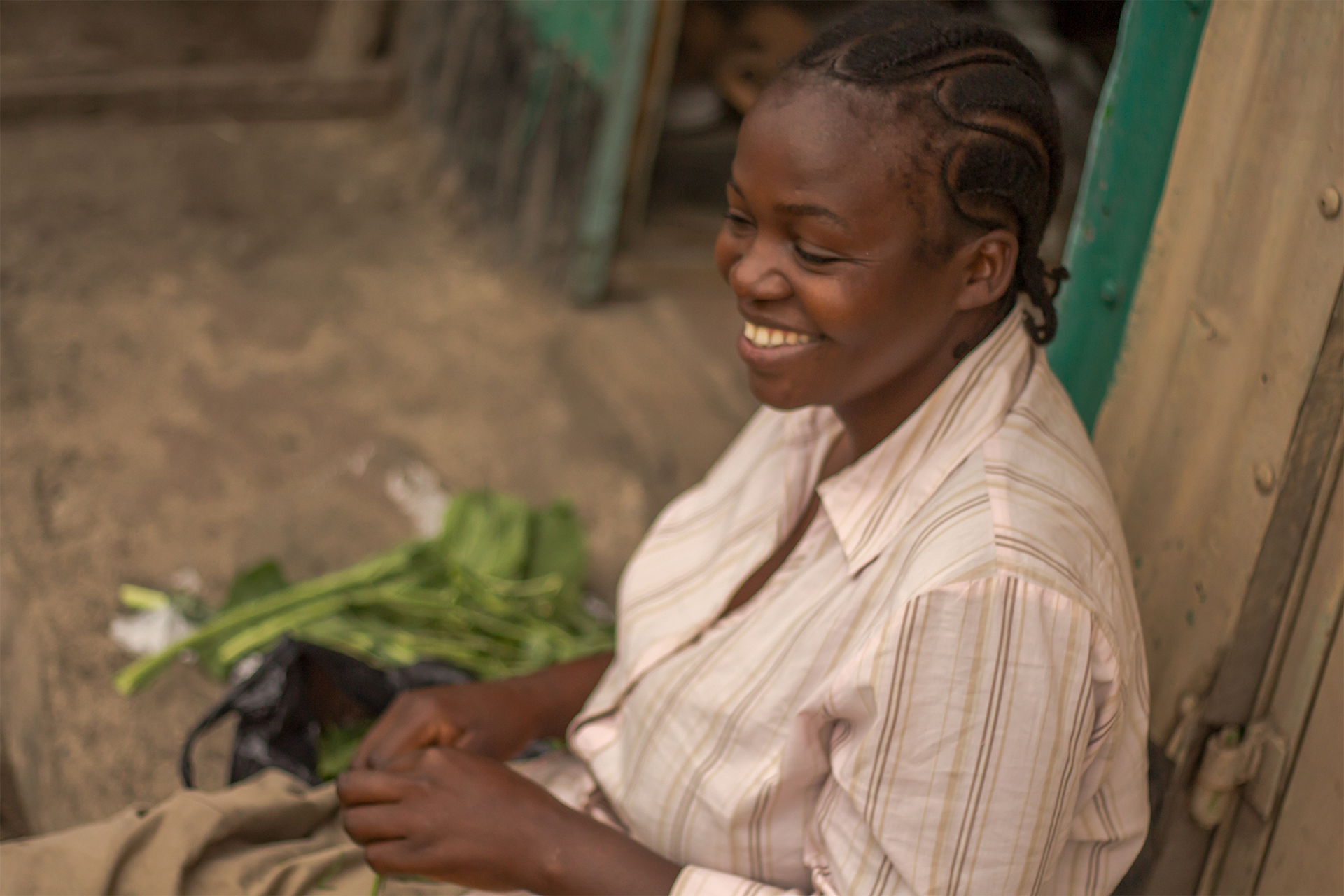
ABOUT THE CHURCH
Repi Kale Heywet Church was founded in 1998, and it is located in the northeast region of Addis Ababa. The church ministers to a growing number of people, both spiritually and wholistically. In embracing the Great Commission, Repi Kale Heywet Church has planted seven additional churches in the Oromia region. Additionally, these churches have planted three more churches, and the Gospel is noticeably spreading through these acts of faith.
Though the church has grown rapidly since its establishment, a spiritual struggle against both illiteracy among believers and local idolatry practices constantly makes the church’s work more difficult. Repi KHC strives to address many of the needs of its community by taking a wholistic approach to ministry. This approach includes: opening a school, assisting the underprivileged in the community, providing local well water, and reaching out to orphans and widows. The church has a vision and heart to reach out further into the community in order to spread the Gospel of Christ.

Leadership
The Kale Heywet Church denomination is typically comprised of churches led by an elder board. While this church does not have a head pastor, a group of seven church members lead and administer church functions for a three-year period. Full-time ministers are assigned under the church elders. Under denomination terms, one person may only minister in this way for a maximum of two terms.
Home Based Care
Program Overview
The Goal
The goal of the Home Based Care (HBC) program is to equip, inspire, and mobilize churches to build relationships with at-risk families within their communities. Relationships grow through frequent visits to families in their homes to offer prayer, biblical training, counseling, and overall encouragement. To empower this wholistic approach to orphan care, World Orphans and US churches connect with Ethiopian churches to provide Gospel-centered training and funding.
Funding
Funding for the HBC program comes from a combination of church partnerships and fundraising campaigns. This funding ensures that these children receive the following:
Food
Meals served with the families and at school on a daily basis
Medical Care
Access to medical services and monitoring for specific health needs
Education
Assistance with school fees, school supplies, and tutoring
Emotional Care
Counseling and mentoring through relationships with church members
Spiritual Care
Fellowship, prayer, discipleship, and encouragment
How it Works
Vulnerable Children Identified
ChilD Selection Process
The HBC committee works to identify 20 orphaned or vulnerable children in the community who are in the greatest need. From there, they meet with the caregivers to determine if the family is a good fit for the program. The due diligence process includes completing a Child Intake Form, informing World Orphans about each child in the selection process, discovering the family/caregiver history, and providing reasons for the program selection.
Home VisitS Per Family Each YEAR
Home Visits
Each family in the program receives at least one monthly home visit from the HBC committee. These visits ensure each child is receiving proper care and meeting pre-determined milestones in his/her development. Families and children receive encouragement, discipleship, life skills training, financial support, and prayer during these visits.
Impact reports each year on church, child, and community
Program Accountability
With long-term care of each child as our goal, World Orphans is serious about ongoing accountability. World Orphans staff members frequently communicate with the Ethiopian pastors and HBC committee to monitor and assess each child and the overall structure of the program. The pastors are required to provide monthly financial reports on how funds were apportioned, as well as quarterly reports assessing the overall HBC program as it relates to the impact on the church, the children, and the community.
Economic Empowerment
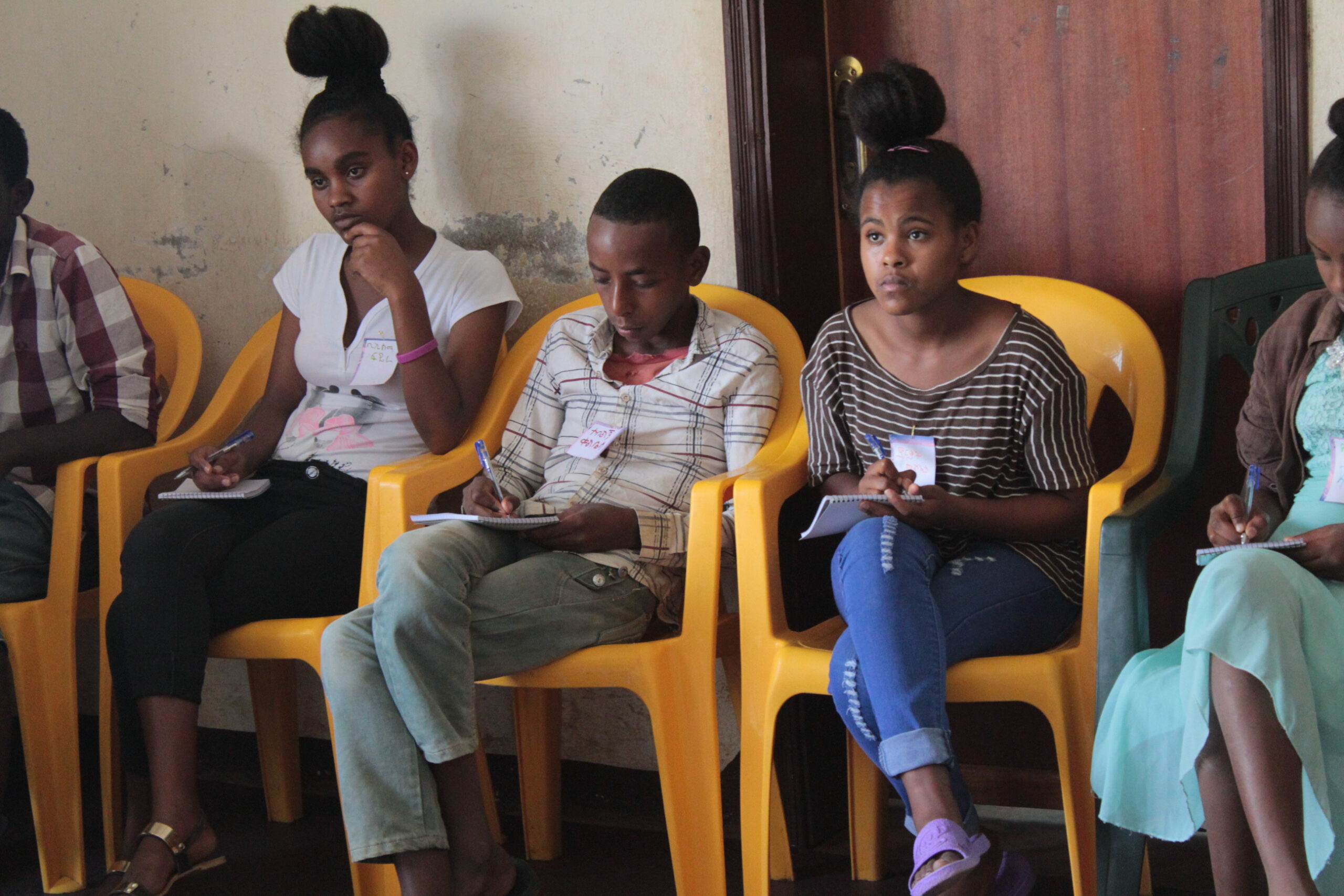
Savings Groups
All of our caregivers from our churches are participating in savings groups that give them the ability to save money monthly, despite their inability to access formal financial institutions as individuals.
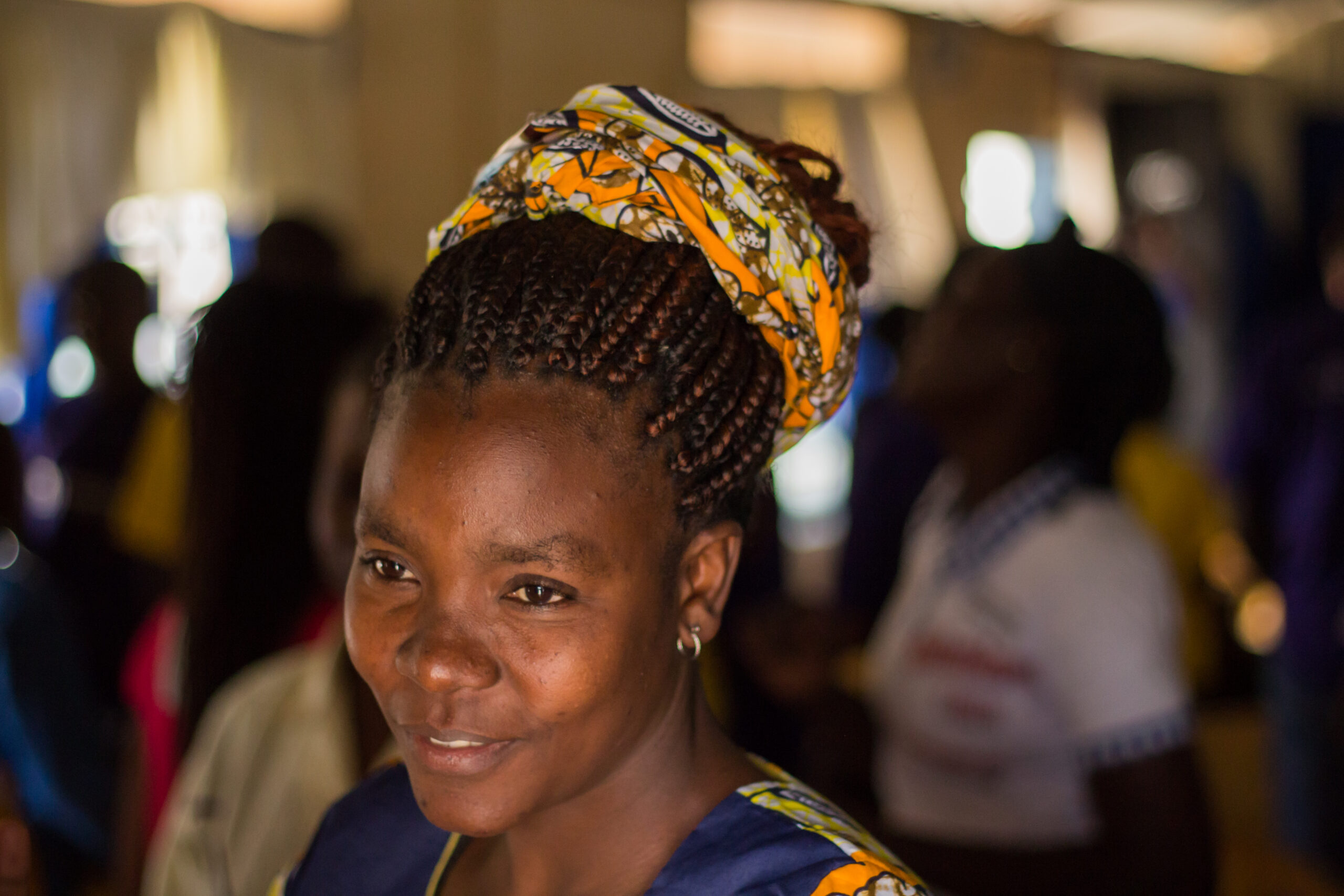
Microloans
Eligible caregivers receive rounds of small microloans to start or expand their businesses.
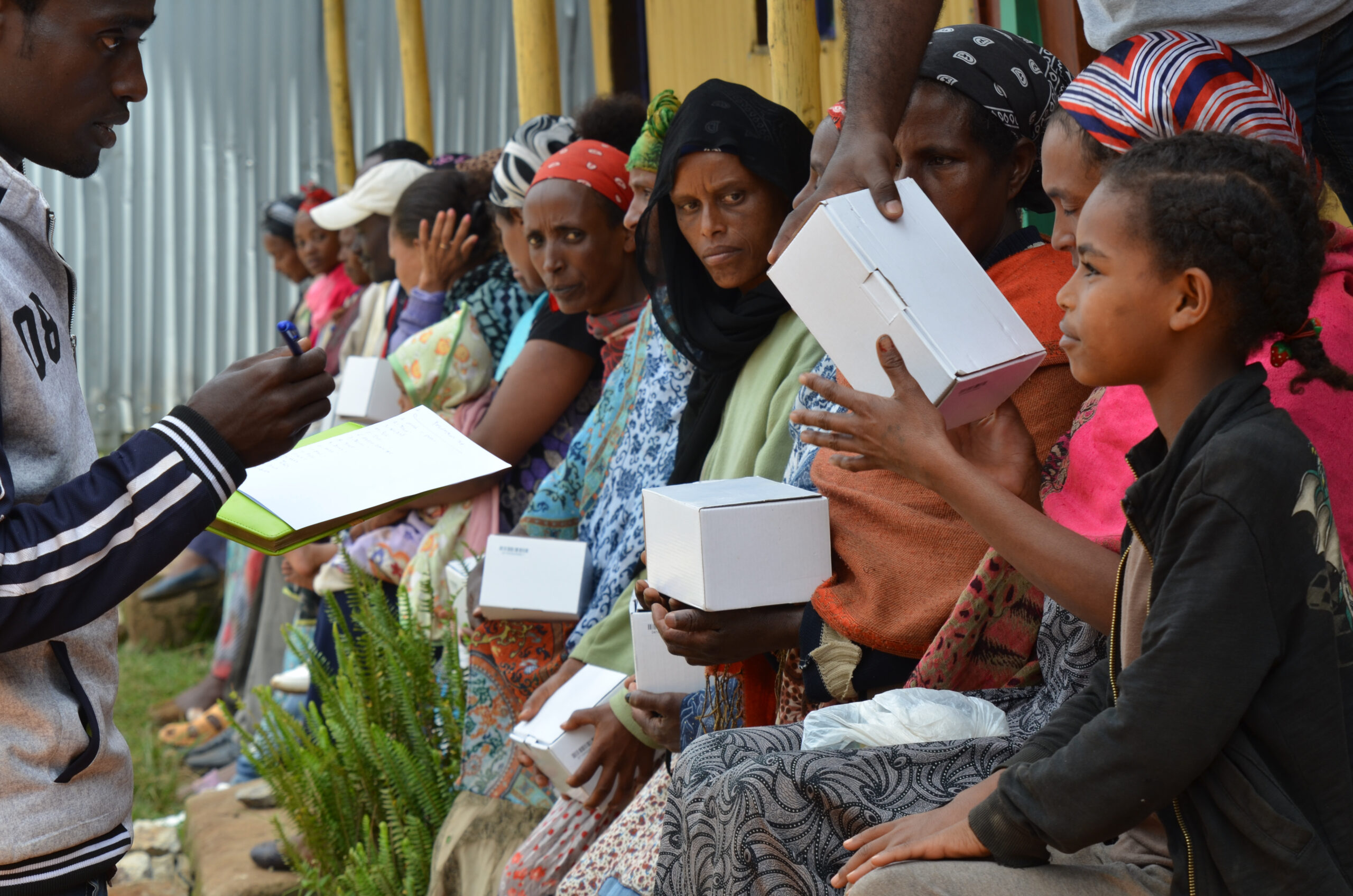
Literacy Programs and Empowerment Packs
Packs of supplies for literacy, education, basic first aid/hygiene, feminine hygiene, and nutrition are distributed at training seminars to the churches and families involved in our program.
Partner with Repi Kale Heywet Church
Why Church Partnership?
Your content goes here. Edit or remove this text inline or in the module Content settings. You can also style every aspect of this content in the module Design settings and even apply custom CSS to this text in the module Advanced settings.

